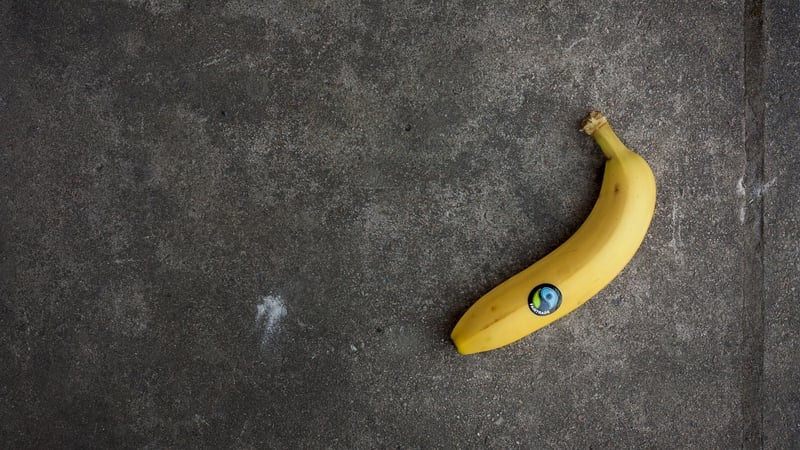Light Requirements
Caring for Your Garden: Understanding Light Requirements
Creating a thriving garden requires more than just watering and weeding. Understanding the light requirements of your plants is crucial for their growth and overall health. Different plants have varying needs when it comes to sunlight, so getting familiar with these requirements can make a significant difference in the success of your garden.
Types of Light Conditions
There are generally three main categories of light conditions that plants may require:
- Full Sun: Plants that need at least 6 hours of direct sunlight per day fall into this category. Examples include tomatoes, peppers, and roses.
- Part Sun/Part Shade: These plants thrive in 3-6 hours of sunlight per day. Hostas, begonias, and impatiens are common examples.
- Full Shade: Plants that require less than 3 hours of direct sunlight or only indirect light are considered full shade plants. Examples include ferns, hostas, and peace lilies.
Assessing Light Conditions in Your Garden
To determine the light conditions in your garden, observe the area at different times of the day:
- Full Sun areas receive direct sunlight for most of the day.
- Part Sun/Part Shade areas may have periods of direct sunlight and shade throughout the day.
- Full Shade areas receive little to no direct sunlight but may have indirect or dappled light.
Choosing the Right Plants
When selecting plants for your garden, consider their light requirements and match them to the appropriate areas in your garden. Planting sun-loving plants in shaded areas or vice versa can lead to poor growth and even plant death.
Remember to also consider the changing light conditions throughout the year, especially if trees or structures may affect the amount of sunlight reaching your garden.
Conclusion
By understanding the light requirements of your plants and carefully assessing the light conditions in your garden, you can create an environment where your plants will thrive. Proper light exposure is essential for photosynthesis and overall plant health, so take the time to ensure your garden gets the light it needs.
Happy gardening!



